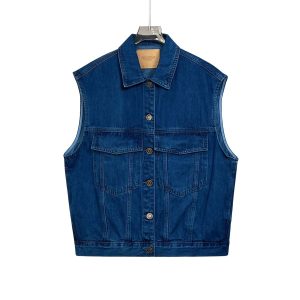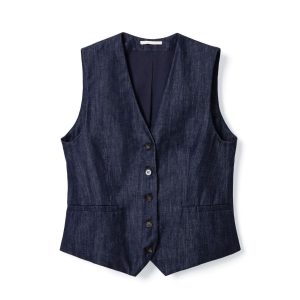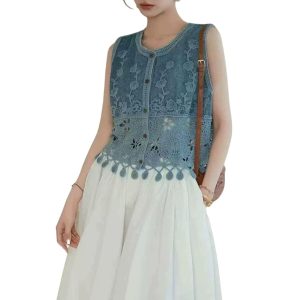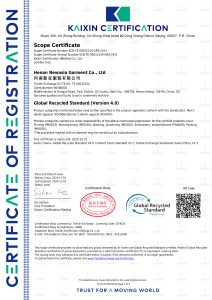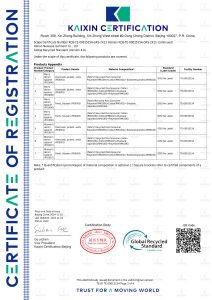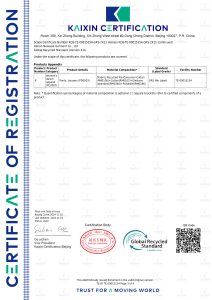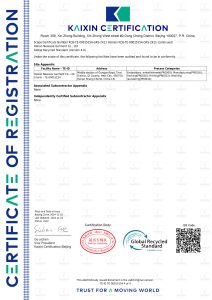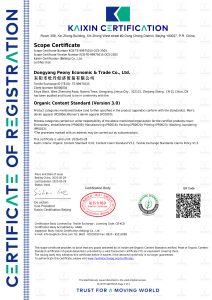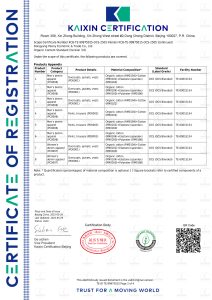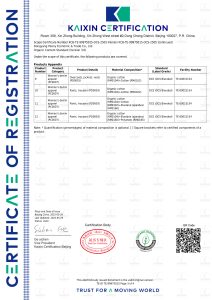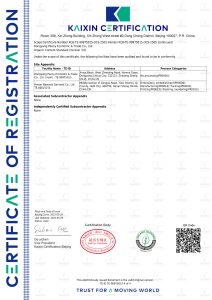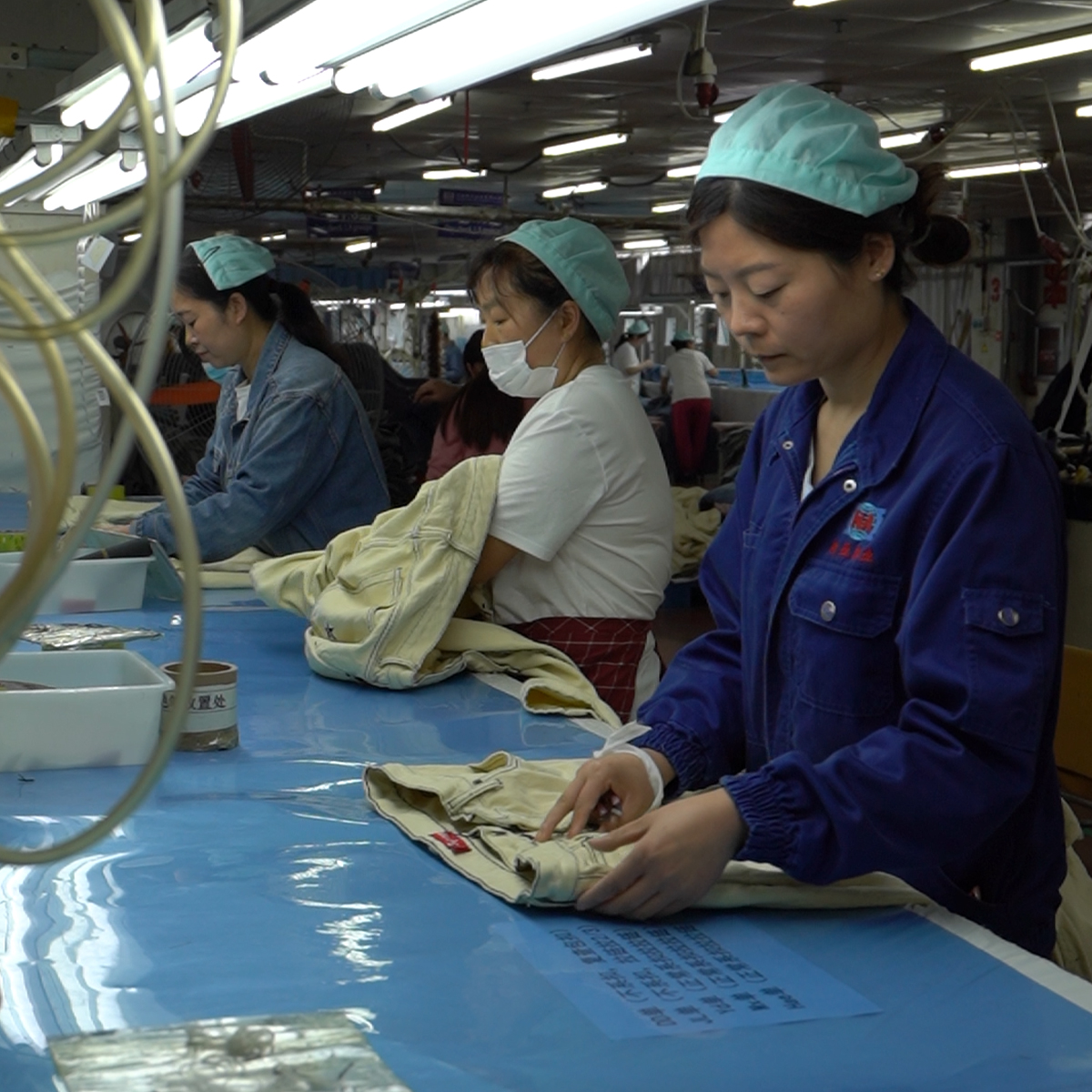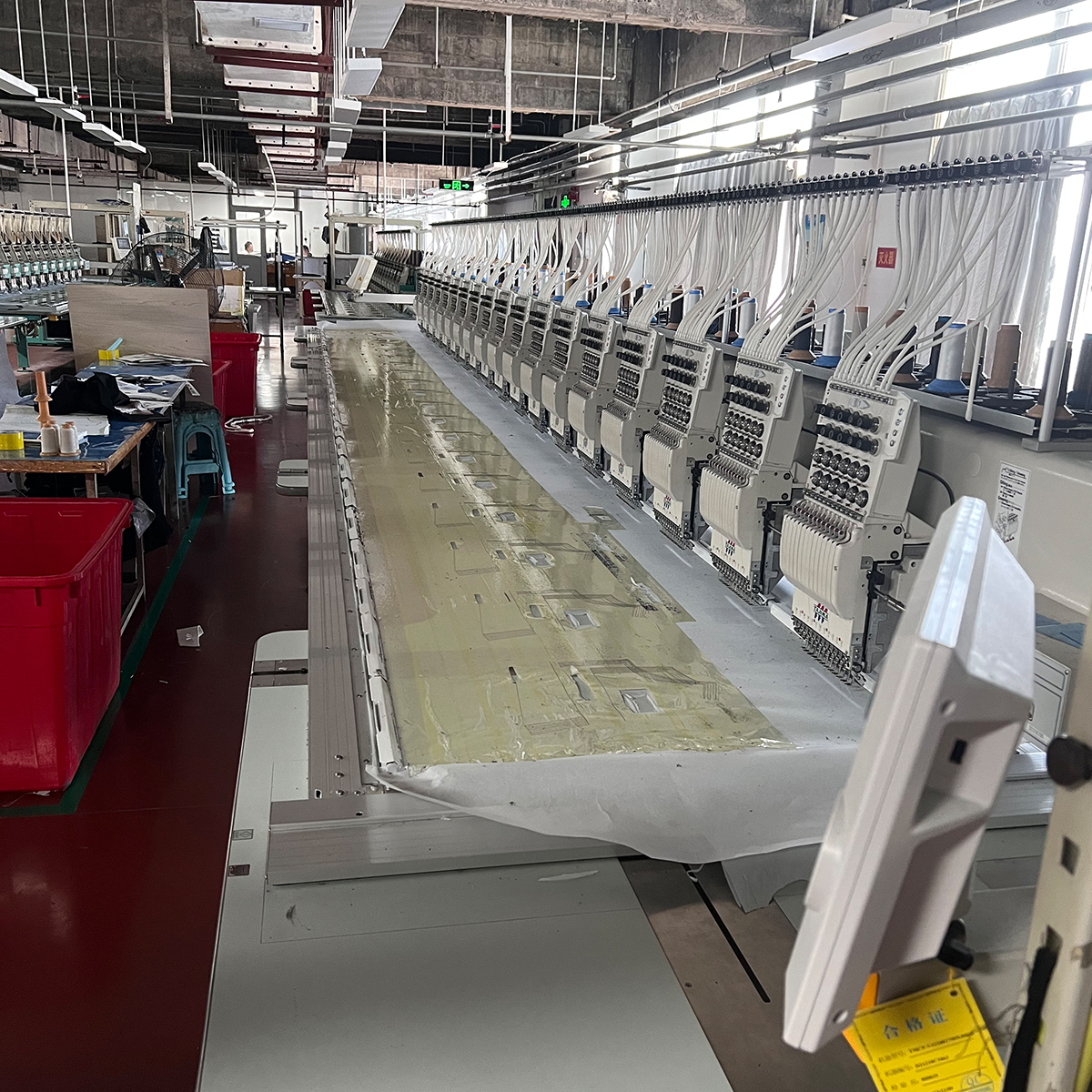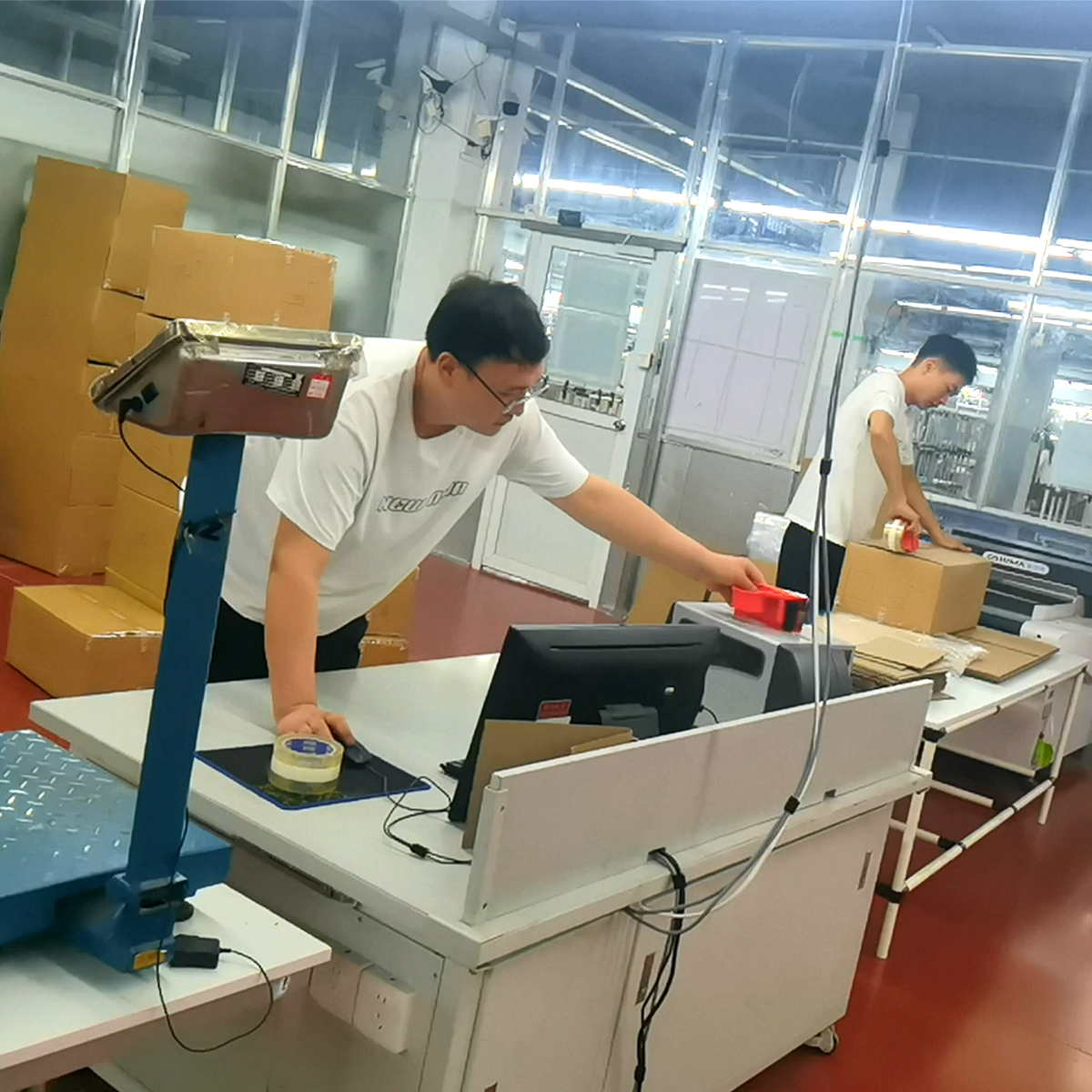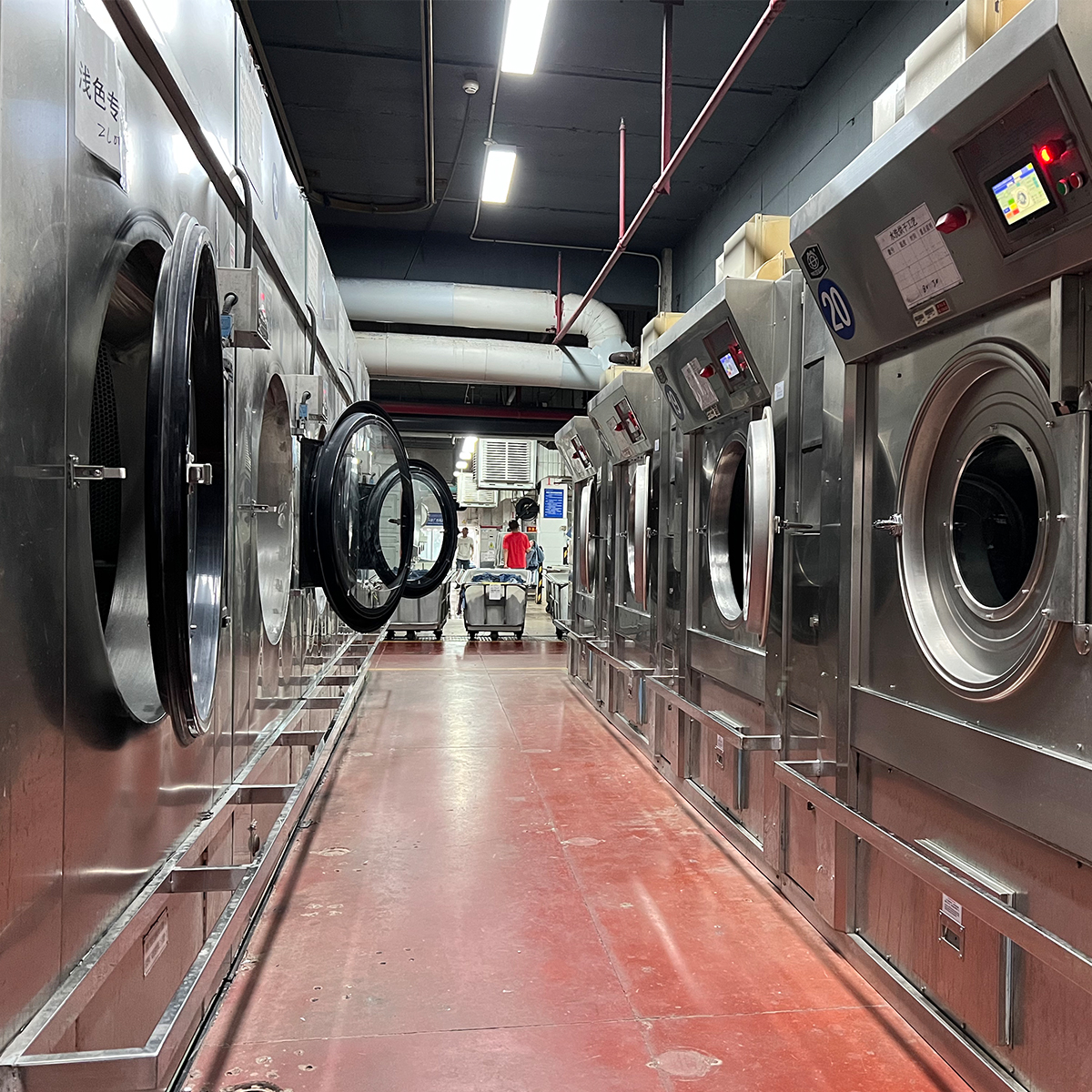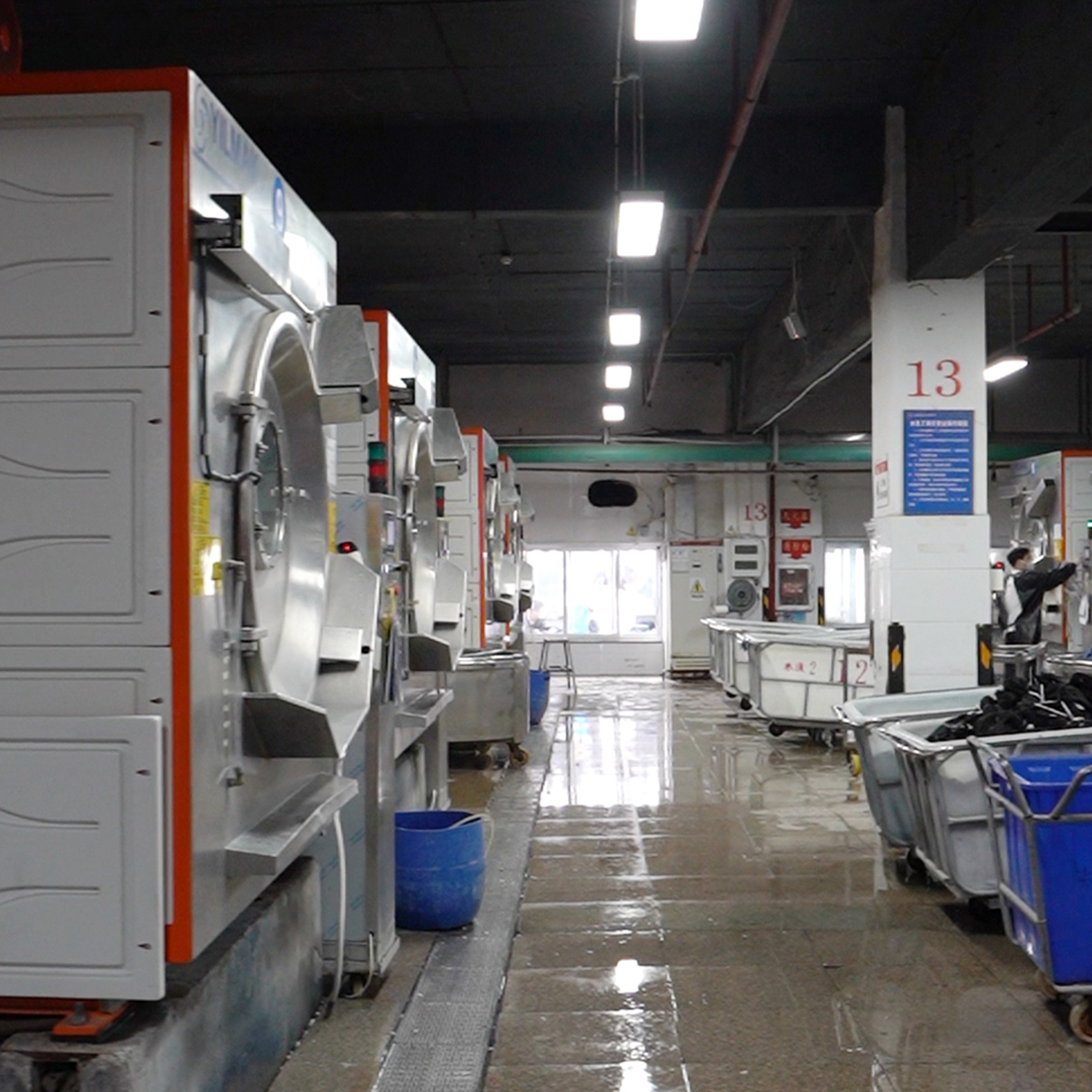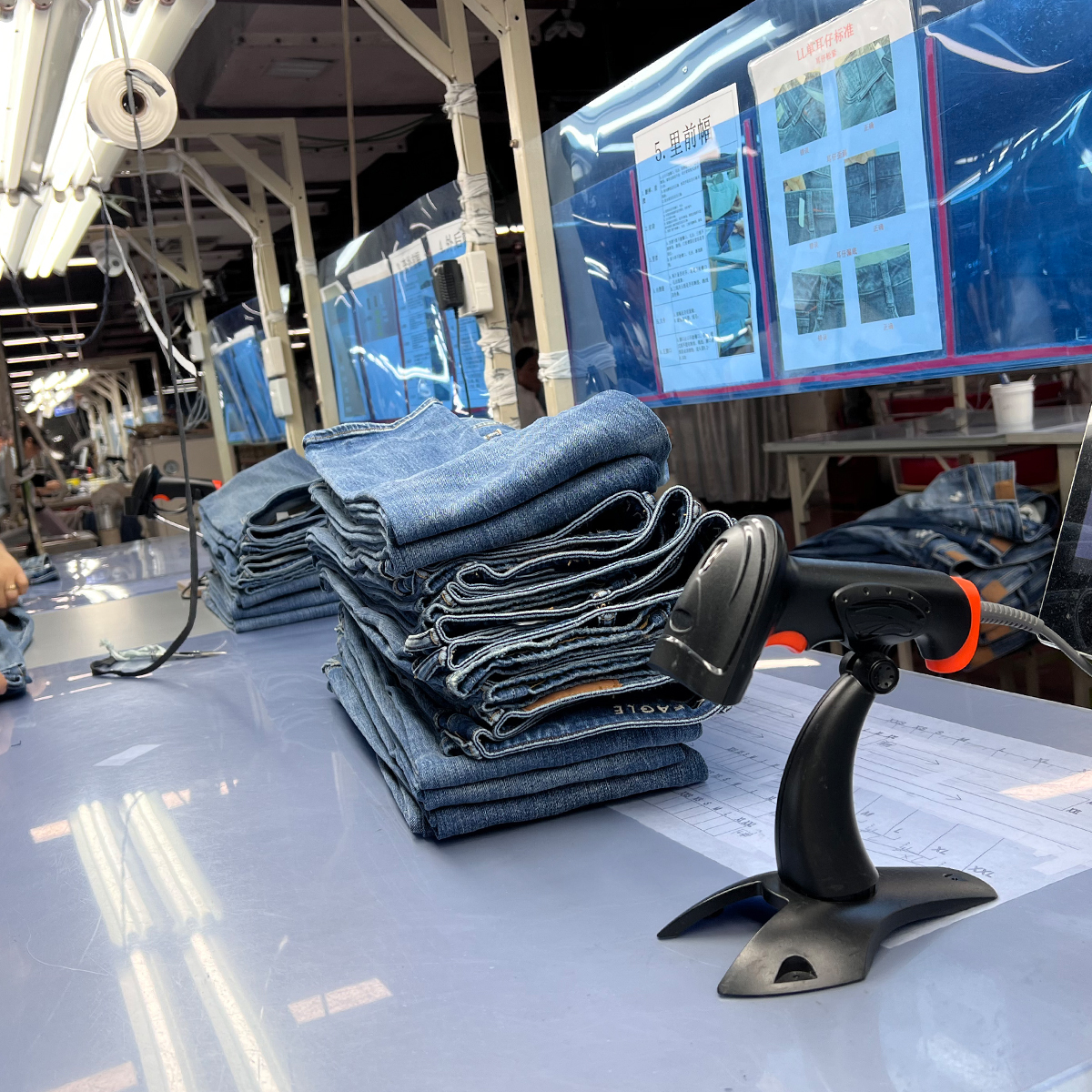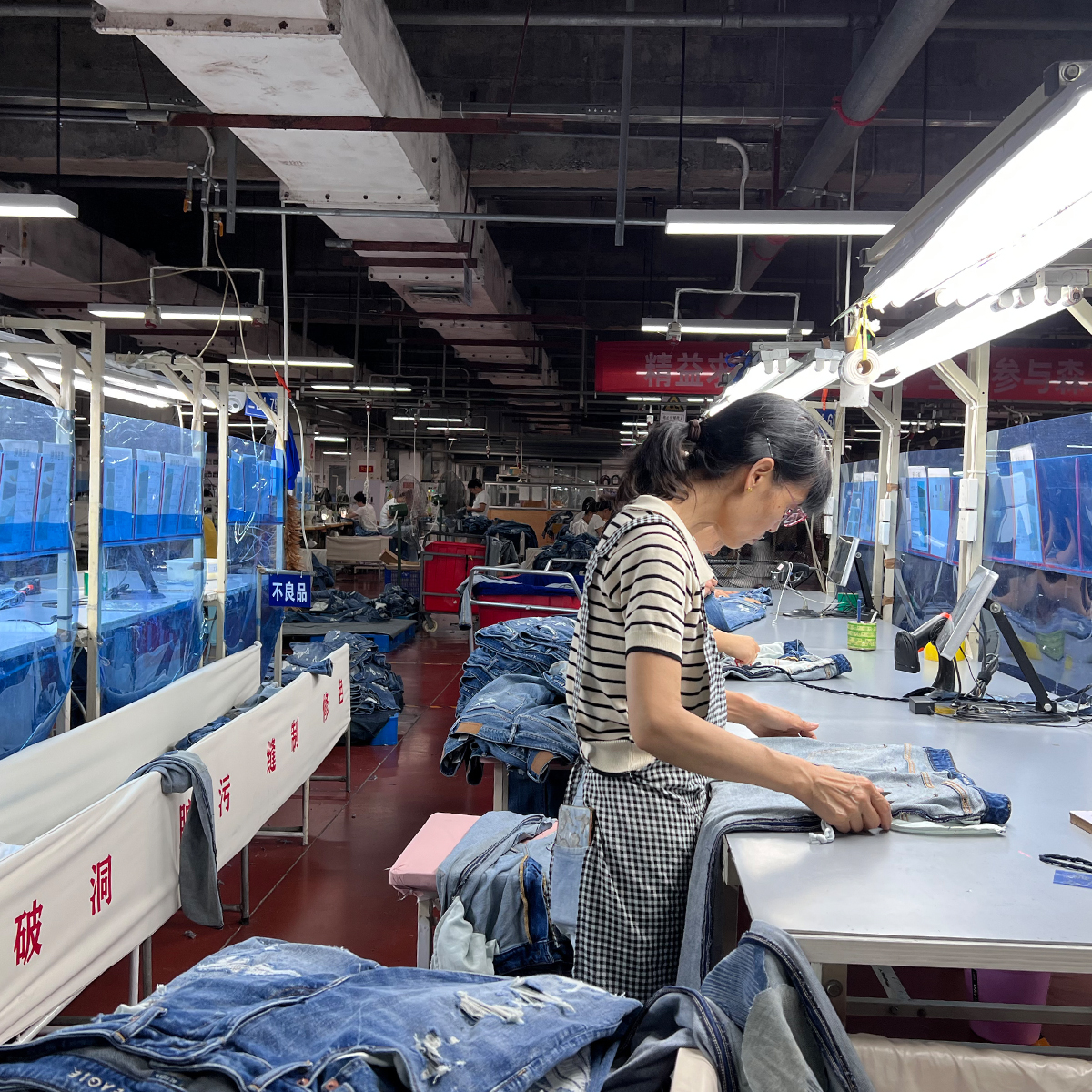Italy has long been a beacon of fashion and style, renowned for its quality craftsmanship and innovative designs. The country plays host to a plethora of clothing manufacturers that cater to various segments of the fashion industry, from luxury brands to more affordable lines. In this article, we will explore the top clothing manufacturers in Italy, highlighting their unique offerings and contributions to the global fashion landscape.
The Italian Fashion Industry: An Overview
The Italian fashion industry is an integral part of the country’s economy, contributing significantly to both GDP and employment. The sector is characterized by a blend of tradition and modernity, with many manufacturers maintaining age-old artisanal techniques while also embracing contemporary fashion trends. Major fashion cities such as Milan and Florence serve as the epicenters of this dynamic industry.
1. Gucci
Founded in 1921, Gucci is synonymous with luxury and high fashion. Their meticulous attention to detail and innovative designs have made them a favorite among fashion enthusiasts worldwide. The brand has invested heavily in sustainability, and their new manufacturing lines prioritize eco-friendly practices without compromising quality.
2. Prada
Prada is renowned for its avant-garde approach to fashion. The brand’s commitment to craftsmanship is evident in every piece they produce, combining high-quality materials with
intricate designs. Prada’s manufacturing facilities in Italy employ skilled artisans who have perfected their craft, ensuring the integrity of every collection.
3. Fendi
Fendi, established in 1925, is known for its luxury handbags and leather goods. The brand boasts a rich history and has remained true to its roots by focusing on artisanal craftsmanship. Fendi’s manufacturing plants are located in Rome, where they produce iconic pieces that reflect both tradition and modern aesthetics.
4. Valentino
Valentino has been a hallmark of Italian fashion since its inception in 1960. Known for its stunning haute couture pieces, the brand places a high emphasis on craftsmanship and quality. Valentino’s Italian-based production ensures that their luxurious garments are created with the utmost care and attention to detail.
5. Diesel
Diesel, founded in 1978, revolutionized the denim industry with its innovative styles and premium materials. The brand’s manufacturing facilities in Italy prioritize cutting-edge techniques while maintaining a focus on traditional denim craftsmanship. This allows Diesel to create unique pieces that resonate with a modern audience while honoring its Italian heritage.
6. Ermenegildo Zegna
As one of the leading Italian luxury menswear brands, Ermenegildo Zegna is known for its high-quality textiles and bespoke tailoring. Established in 1910, the brand has a legacy of excellence in fabric production, with a commitment to sustainability and ethical sourcing evident in their manufacturing processes located in Trivero, Italy.
7. Bialetti
While primarily known for its cookware, Bialetti has expanded its brand to include fashion partnerships that utilize their iconic imagery and branding in clothing lines. Their collaborations have highlighted the intersection of utility and style, showcasing innovative designs rooted in Italian flair.
8. Benetton
Benetton is a global brand known for its colorful, youthful garments and social engagement campaigns. Founded in the 1960s, the brand prioritizes ethical manufacturing and sustainable practices. Their factories in Italy embody a commitment to social responsibility while providing high-quality clothing that appeals to a diverse, global audience.
9. Moncler
Moncler has made a name for itself in the luxury outerwear segment, particularly with its iconic down jackets. Founded in 1952, the brand fuses functionality with high fashion, and its Italian-based production facilities ensure that every piece maintains the highest standards of quality and design integrity. Moncler’s commitment to craftsmanship sets it apart in the competitive fashion landscape.
10. Maurizio Baldassari
Maurizio Baldassari is known for its sophisticated knitwear and contemporary style, founded in the late 20th century. The brand focuses on meticulous production processes that enhance the quality and comfort of their clothing. With its innovative designs and commitment to Italian craftsmanship, Baldassari has carved a niche in the luxury fashion market.
The Importance of Local Manufacturing
The significance of local manufacturing in Italy cannot be understated. Italian clothing manufacturers not only preserve traditional craftsmanship and techniques but also contribute to the local economy by providing jobs and fostering innovation. Additionally, producing locally allows for better quality control and shorter supply chains, which can reduce environmental impact.
Challenges Facing Italian Clothing Manufacturers
Despite their rich history and global influence, Italian clothing manufacturers face several challenges. The rise of fast fashion has pressured brands to reduce prices and speed up production, often at the expense of quality. Additionally, manufacturers must navigate a complex landscape of international trade regulations and competition from low-cost countries. Adapting to technological advancements while maintaining traditional craftsmanship is a balancing act that requires innovation and foresight.
The Future of Clothing Manufacturing in Italy
The future of clothing manufacturing in Italy seems promising as brands increasingly focus on sustainability and ethical practices. Many companies are investing in eco-friendly materials and production methods, showcasing Italy’s commitment to a greener future in fashion. As consumer demand shifts towards transparency and responsibility, Italian manufacturers are well-positioned to lead the charge into a new era of fashion.
With their unmatched dedication to quality, craftsmanship, and innovation, the top clothing manufacturers in Italy are not only preserving the heritage of Italian fashion but also setting the standard for the future of the global fashion industry. Embracing both traditional techniques and modern trends, they remain pivotal players impressing audiences both locally and around the world.



